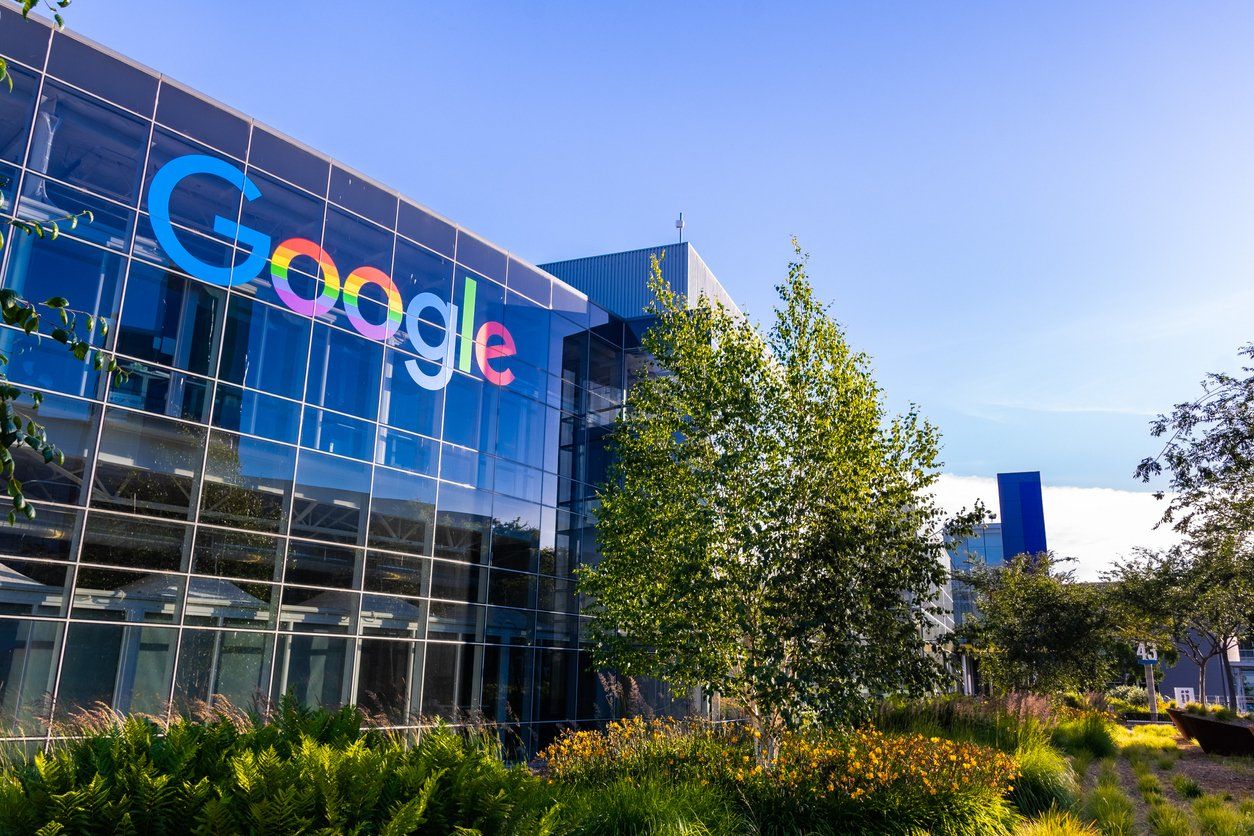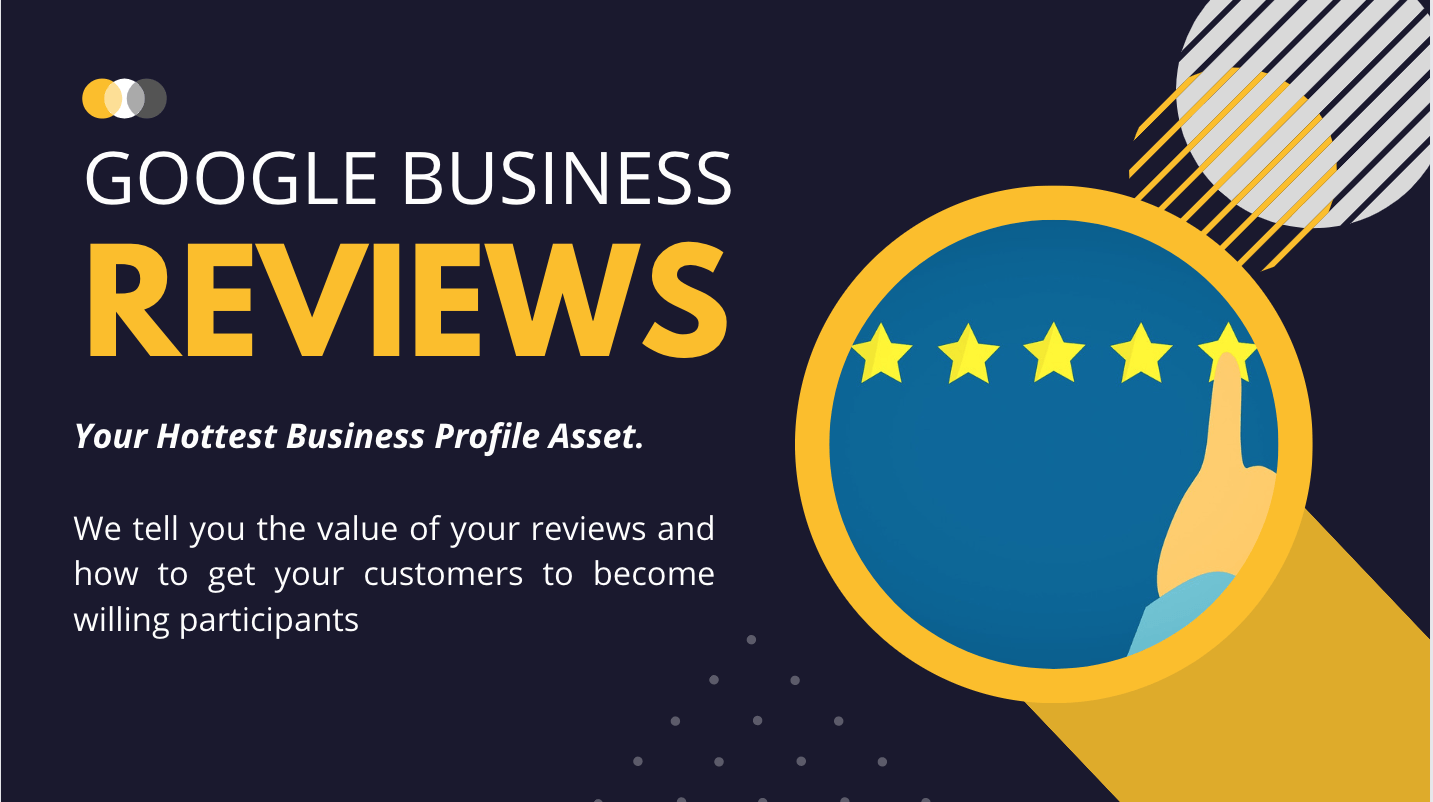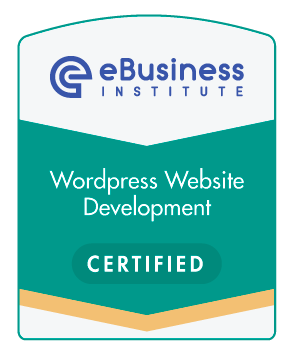
5 Factors That Could Be Slowing Down Your Website
As a website owner, you might know that page speed affects your search engine rankings. It can also affect how long visitors stay on your site. According to Google, users are more likely to leave if a page loads slowly. It is essential to know why your site is slow and fix it before your ranking takes a hit. Here are 5 factors that could be slowing your website.
1. Large Image Files
Images are usually the biggest files on a webpage; the bigger the file, the longer the load time. Take a look at your image files. If your individual files are close to 1 MB, it's time to take action. You can reduce the file size by reducing the image dimensions and increasing compression.
There are no hard and fast rules for image size. Each image file should be as small as possible without compromising quality. Resizing the pixel dimensions to match the display size is a good place to start. Then, experiment with settings to find the highest tolerable compression rate. You can do this with a tool like Imagemin or photo editors like Photoshop or GIMP.
2. Bloated Website Code
When a web browser loads a page on your website, it loads all the associated code—including CSS and JavaScript. When your site has lots of excess code, it reduces load time. This is a common problem for premade WordPress themes that include lots of styling and customisation options. One easy solution is to install a plugin that minifies the code by removing unnecessary characters and comments. At The Web Connector, we recommend choosing lightweight, streamlined themes to avoid this issue entirely.
3. Too Many Plugins
Plugins are a great way to add functionality to your website. However, every plugin adds extra code to your website and slows it down. An easy way to speed up your site is to remove unnecessary and unused plugins. Make sure to run a full backup first for your peace of mind.
4. Browser Caching
When you visit a website, your browser automatically saves the parts of the code that don't change, such as the logo or the CSS. The next time you visit the site, the browser can load the page faster. By enabling browser and server-side caching on your website, you can improve the speed. Unless you're an experienced coder, the easiest way to adjust these settings is with a caching app.
5. Ads
Do you display ads on your website? Chances are, they're affecting page speed. The more ads you have, the longer it takes for the page to load. Video advertisements and responsive ads, which change size based on the user's device, have a powerful effect on the load time. You can increase the speed by reducing the number of ads and specifying the size and position for each unit.
When you own a website, page speed is an important metric to monitor. Tackling the factors that slow down your site can boost speed, improve rankings, and increase the time users spend on each page. If you need help optimising the speed of your website, contact our experienced team at
The Web Connector today.
ADDRESS
82 Park Street, Unit 22
St Kilda West, VIC 3182
OPENING HOURS
- Mon - Fri
- -
- Sat - Sun
- Closed
Awards & Certified
The Web Connector acknowledges the Traditional Owners of the land where we work and live. We pay
our respects to Elders past, present and emerging. We celebrate the stories, culture and
traditions of Aboriginal and Torres Strait Islander Elders of all communities who also work
and live on this land.
Proudly Serving
Chadstone, Ashburton, Hawthorn East, Glen Iris, Box Hill, Balwyn, Kew, Richmond, Melbourne, Port Melbourne, South Melbourne, St Kilda, Burwood, Nunawading, Mount Waverley, Glen Waverley, Malvern, Prahran, Brighton, Oakleigh





